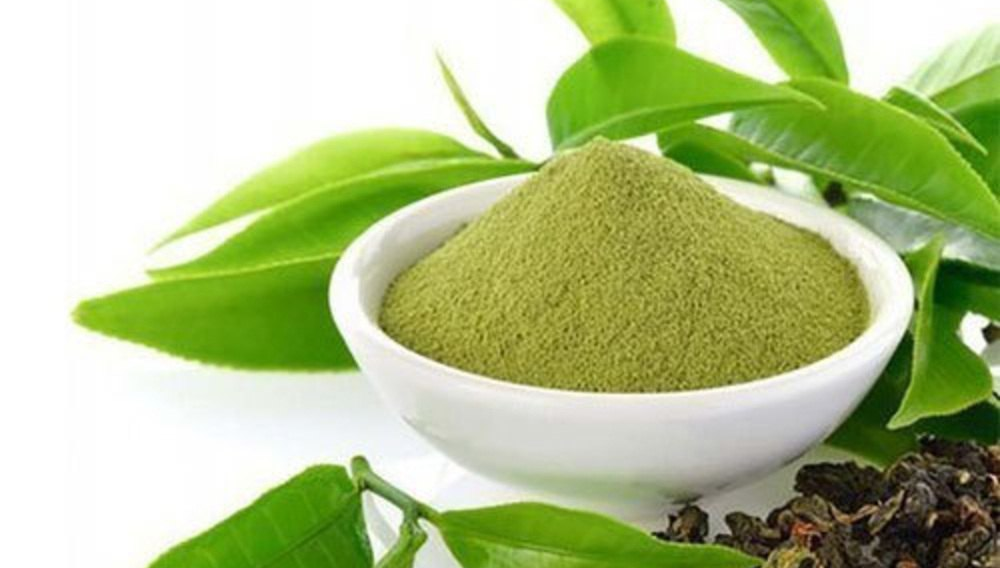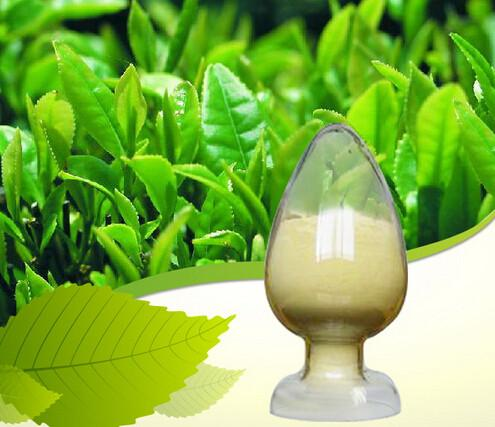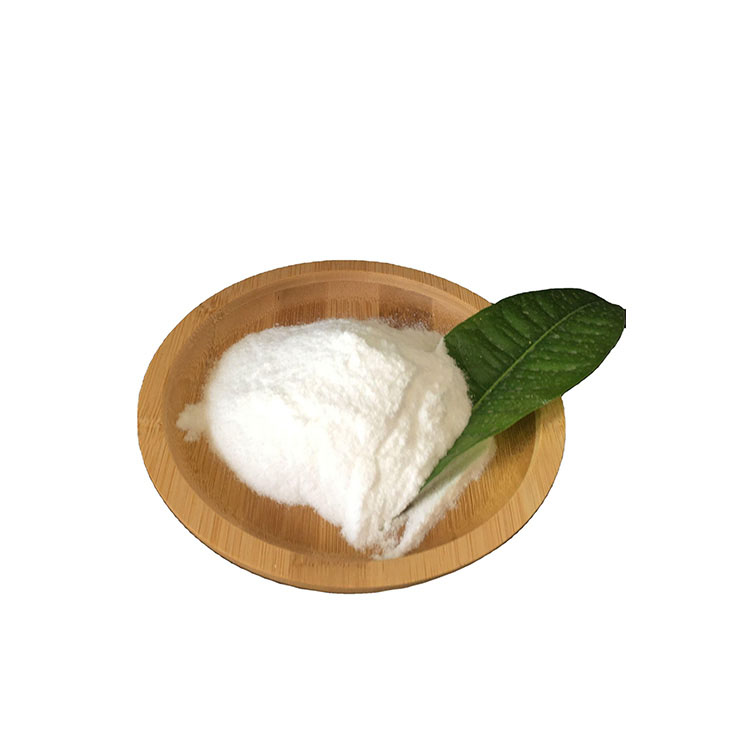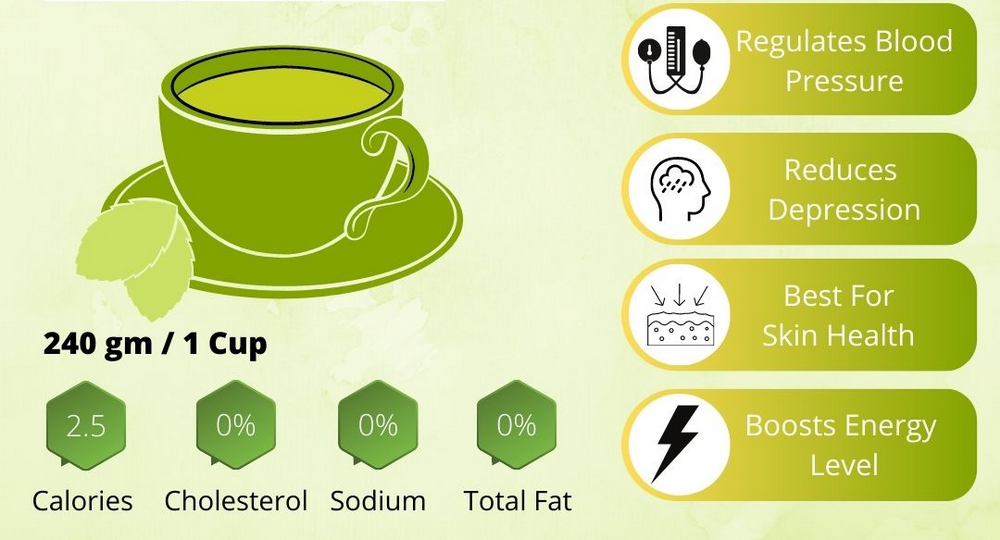Content Menu
● Understanding Green Tea Extract
● Caffeine Content in Green Tea Extract
● Factors Influencing Caffeine Content
● Benefits of Caffeine in Green Tea Extract
● Potential Concerns and Considerations
● Incorporating Green Tea Extract into Your Routine
● The Future of Green Tea Extract Research
● Conclusion
● Questions and Answers about Green Tea Extract and its Caffeine Content
Green tea has been a beloved beverage for centuries, cherished not only for its delicate flavor but also for its numerous health benefits. In recent years, green tea extract has gained popularity as a concentrated form of these benefits, often found in dietary supplements and wellness products. One of the key components of green tea extract that attracts attention is its caffeine content. In this article, we'll delve deep into the world of green tea extract, with a particular focus on its caffeine content, and explore the implications for those seeking to incorporate it into their health regimen.
Understanding Green Tea Extract
Before we dive into the specifics of caffeine content, it's essential to understand what green tea extract is and how it's produced. Green tea extract is a concentrated form of green tea leaves, typically created through a process that involves steeping the leaves in hot water or alcohol and then evaporating the liquid to create a powder or liquid extract. This process concentrates the beneficial compounds found in green tea, including polyphenols, catechins, and, of course, caffeine.
The resulting extract is much more potent than a typical cup of brewed green tea, which means that a smaller amount of the extract can provide similar or even greater benefits than drinking multiple cups of green tea. This concentration is one of the reasons why green tea extract has become a popular ingredient in supplements and functional foods.

Caffeine Content in Green Tea Extract
When it comes to the caffeine content in green tea extract, it's important to note that there can be significant variation depending on several factors. These factors include the specific type of green tea used, the extraction method, and the standardization process employed by the manufacturer.
In general, green tea extract tends to have a higher concentration of caffeine compared to brewed green tea. While a typical cup of green tea might contain a moderate amount of caffeine, green tea extract can pack a more substantial caffeine punch in a smaller package.
It's worth noting that the caffeine content in green tea extract supplements can vary widely from one product to another. Some supplements may contain very little caffeine, while others might have amounts comparable to or even exceeding that found in a cup of coffee.
When considering a specific amount of green tea extract, such as 50mg, it's crucial to understand that the caffeine content is not necessarily proportional to the extract amount. The caffeine concentration can differ based on how the extract is standardized and what other compounds are prioritized in the extraction process.
Factors Influencing Caffeine Content
Several factors can influence the amount of caffeine present in green tea extract:
1. Tea Variety: Different varieties of green tea naturally contain varying levels of caffeine. For example, some types of green tea, like Gyokuro, are known for their higher caffeine content, while others, like Bancha, tend to be lower in caffeine.
2. Growing Conditions: The environment in which the tea plants are grown can affect their caffeine content. Factors such as altitude, soil composition, and climate all play a role in determining the chemical makeup of the tea leaves.
3. Harvesting Time: The time of year when the tea leaves are harvested can impact caffeine levels. Generally, younger leaves and buds contain more caffeine than older, more mature leaves.
4. Processing Methods: The way the tea leaves are processed after harvesting can influence caffeine content. For instance, the steaming or pan-firing methods used in green tea production may affect caffeine levels differently than the oxidation process used for black tea.
5. Extraction Technique: The method used to create the green tea extract can significantly impact its caffeine content. Some extraction processes may be designed to maximize caffeine content, while others might focus on other compounds like catechins.
6. Standardization: Many green tea extract products are standardized to contain specific levels of certain compounds, such as EGCG (Epigallocatechin gallate). This standardization process can affect the relative concentration of caffeine in the final product.

Benefits of Caffeine in Green Tea Extract
While the focus is often on the amount of caffeine, it's important to consider the potential benefits that come with the caffeine content in green tea extract:
1. Enhanced Cognitive Function: Caffeine is well-known for its ability to improve alertness, focus, and mental clarity. The caffeine in green tea extract can provide these benefits in a more sustained manner compared to other sources of caffeine.
2. Increased Metabolism: Caffeine has been shown to have a thermogenic effect, potentially boosting metabolism and aiding in weight management efforts.
3. Improved Physical Performance: Many athletes and fitness enthusiasts use caffeine to enhance their physical performance, as it can increase endurance and reduce perceived exertion during exercise.
4. Antioxidant Synergy: The caffeine in green tea extract works synergistically with other compounds, particularly catechins, to provide potent antioxidant effects in the body.
5. Mood Enhancement: Caffeine can have mood-elevating properties, potentially helping to alleviate symptoms of mild depression and improve overall well-being.
Potential Concerns and Considerations
While the caffeine in green tea extract can offer numerous benefits, it's essential to be aware of potential concerns:
1. Sensitivity to Caffeine: Some individuals may be more sensitive to caffeine than others, experiencing side effects such as jitters, anxiety, or sleep disturbances even with small amounts.
2. Interactions with Medications: Caffeine can interact with certain medications, including some antibiotics and antidepressants. It's important to consult with a healthcare provider if you're taking any medications.
3. Pregnancy and Breastfeeding: Pregnant and breastfeeding women are often advised to limit their caffeine intake, which includes caffeine from green tea extract.
4. Overconsumption: Due to the concentrated nature of green tea extract, it's possible to consume more caffeine than intended, which could lead to negative side effects.
5. Quality and Purity: As with any supplement, the quality and purity of green tea extract products can vary. It's important to choose reputable brands and look for third-party testing certifications.

Incorporating Green Tea Extract into Your Routine
If you're considering adding green tea extract to your daily routine, here are some tips to keep in mind:
1. Start Small: Begin with a lower dose to assess your tolerance, especially if you're sensitive to caffeine.
2. Time Your Intake: Consider taking green tea extract earlier in the day to avoid potential sleep disruptions.
3. Monitor Your Total Caffeine Intake: Remember to account for caffeine from other sources in your diet when adding green tea extract.
4. Stay Hydrated: Caffeine can have a mild diuretic effect, so ensure you're drinking plenty of water throughout the day.
5. Listen to Your Body: Pay attention to how you feel after taking green tea extract and adjust your intake accordingly.
6. Consult a Professional: If you have any health concerns or are taking medications, it's always best to consult with a healthcare provider before adding green tea extract to your regimen.
The Future of Green Tea Extract Research
As interest in green tea extract continues to grow, so does the body of research surrounding its effects and potential applications. Scientists are exploring new ways to harness the benefits of green tea extract while minimizing any potential drawbacks.
Some areas of ongoing research include:
1. Optimizing Extraction Methods: Researchers are working on developing new extraction techniques that can maximize the beneficial compounds in green tea while potentially controlling caffeine content.
2. Personalized Supplementation: As we learn more about individual variations in caffeine metabolism, there's potential for more personalized approaches to green tea extract supplementation.
3. Novel Applications: Scientists are investigating the use of green tea extract in various fields, from skincare to functional foods, exploring how its compounds, including caffeine, can be utilized in innovative ways.
4. Long-term Effects: More long-term studies are needed to fully understand the effects of regular green tea extract consumption over extended periods.
5. Synergistic Effects: Research is ongoing into how the caffeine in green tea extract interacts with other compounds, both within the extract itself and when combined with other supplements or foods.

Conclusion
Green tea extract, with its complex profile of beneficial compounds including caffeine, represents a fascinating area of study in the world of nutrition and supplementation. While the exact amount of caffeine in a given quantity of green tea extract can vary, understanding the factors that influence this content and the potential benefits and considerations is crucial for anyone looking to incorporate it into their wellness routine.
As with any dietary supplement, it's important to approach green tea extract with an informed and balanced perspective. By staying educated about its properties, consulting with healthcare professionals when necessary, and listening to your body's responses, you can make the most of what green tea extract has to offer while minimizing any potential risks.
The journey of discovery with green tea extract is far from over. As research continues to unfold, we may gain even deeper insights into how this powerful plant extract, including its caffeine content, can be optimized for human health and well-being. Whether you're a long-time enthusiast or just beginning to explore the world of green tea extract, there's always something new to learn and experience in this verdant field of study.
Questions and Answers about Green Tea Extract and its Caffeine Content
Q: Is the caffeine in green tea extract different from the caffeine in coffee?
A: While the caffeine molecule is the same, the way it interacts with other compounds in green tea extract can lead to a different overall effect compared to coffee. Many people report a more balanced, sustained energy boost from green tea extract caffeine.
Q: Can green tea extract help with weight loss?
A: Green tea extract, partly due to its caffeine content, may support weight loss efforts by boosting metabolism and fat oxidation. However, it's not a magic solution and works best as part of a balanced diet and exercise regimen.
Q: How does the caffeine content in green tea extract compare to a cup of brewed green tea?
A: Green tea extract is typically more concentrated than brewed tea, so a smaller amount of extract may contain as much or more caffeine than a cup of brewed green tea. However, the exact amounts can vary widely between products.
Q: Are there any side effects associated with the caffeine in green tea extract?
A: Possible side effects can include jitters, anxiety, sleep disturbances, and digestive issues, especially if consumed in large amounts or by individuals sensitive to caffeine.
Q: Can I take green tea extract if I'm trying to reduce my caffeine intake?
A: Some green tea extract products are decaffeinated, but it's important to check the label carefully. If you're trying to reduce caffeine, look for products specifically labeled as low-caffeine or caffeine-free.































